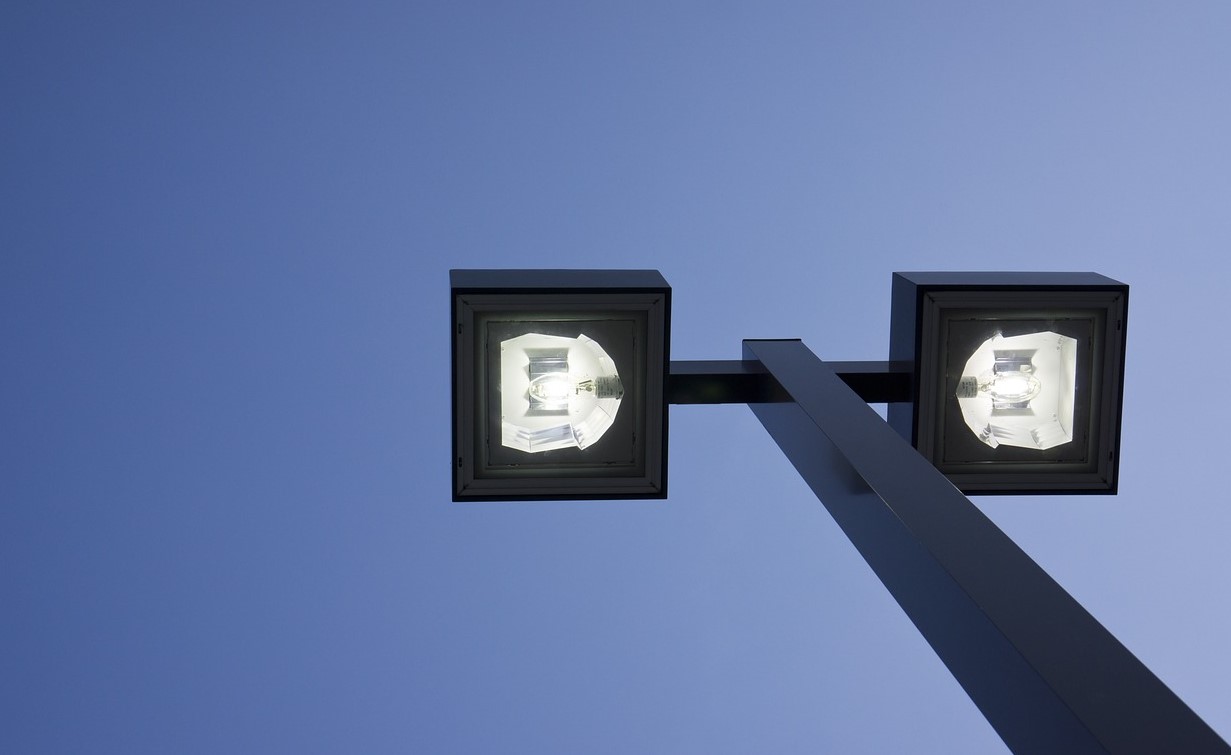 By B.N. Frank
By B.N. Frank
Earlier this year, U.S. Transportation Secretary, Pete Buttigieg announced hundreds of millions more in funding for “Smart City” projects. Nevertheless, American concerns about and opposition to them (see 1, 2, 3, 4, 5) is not going away.
From Gov Tech:
San Diego Mayor Says Changes Coming to Surveillance Law
Mayor Todd Gloria said his office will be proposing amendments to San Diego’s hard-fought surveillance ordinance next month, a law that has continued to cause controversy and confusion since its passage.
Lyndsay Winkley, San Diego Union-Tribune
(TNS) — Mayor Todd Gloria said his office will be proposing amendments to San Diego’s hard-fought surveillance ordinance next month, a law that has continued to cause controversy and confusion since its passage last year.
The ordinance, unanimously approved by City Council last September, stemmed from public outcry over the city’s mishandling of a network of thousands of so-called smart streetlights.
For months, city officials have said the law, as written, hampers their ability to apply for grants and renew contracts for important tools. More than 100 city tools, some which underpin day-to-day functions, are impacted by the ordinance, but no tool has made it yet through the law’s new process.
“We can acknowledge the privacy ordinance has a right and noble goal, ensuring that the public is informed about the surveillance tools that their city government uses and to understand their potential impacts on all of us,” Mayor Todd Gloria said at his monthly media briefing Thursday. “The fact is, we cannot allow this to grind our city operations to a halt and we can not allow it to jeopardize public safety.”
At the briefing, San Diego police Chief David Nisleit said 17 police technologies used to investigate everything from traffic collisions to crimes against children can no longer be used or soon won’t be available for use since they have contracts that have either expired or will expire before the tools have the chance to go through the oversight process.
Activist Post is Google-Free — We Need Your Support
Contribute Just $1 Per Month at Patreon or SubscribeStar
The department did not provide specific expiration dates for those technologies, which include powerful tools like Graykey, a device that can break into some locked cellphones
“This ordinance is not oversight, it’s obstruction,” Nisleit said. “The flaws in this ordinance will hamper our ability to investigate serious crimes, protect victims and keep our community safe.”
But privacy advocates pushed back, saying the city has done little to adhere to the new law.
The Transparent and Responsible Use of Surveillance Technology San Diego Coalition, or TRUST SD, which helped craft the ordinance, noted that the city hasn’t even finished compiling a full list of technologies that are impacted by the law — one of the first requirements created by the ordinance. It’s an inventory the Privacy Advisory Board, a volunteer oversight group created by the law, must have in order to determine which tools should be evaluated first.
After more than a year since the law’s passage, a draft document released by city officials is still incomplete and contains internal disagreements about what tools fall under the ordinance. The list also doesn’t include technologies the police department has disclosed separately and contains tools that wouldn’t fall under the law — such as binoculars and digital cameras.
“It is the mayor, not the ordinance, who has held police technology hostage by refusing to be transparent,” Seth Hall, co-founder of San Diego Privacy — part of TRUST SD — said in a statement Thursday. “Instead of holding press conferences and creating presentations to make excuses, the mayor should spend his time doing the work that was assigned to him and that he has been completely aware of.”
Hall also noted that the police department has not attempted to send the technologies that are set to expire through the new process.
Although the city has spoken numerous times about how imperative changes to the law are, officials have yet to be specific about what sections of the ordinance they would seek to amend or how.
Various stakeholders, including TRUST SD and the Privacy Advisory Board, have repeatedly called on the city to be transparent about proposed changes so the community can weigh in on those shifts.
The city has not yet done that. However, in a presentation that explores some of the ordinance’s issues, officials outlined several overarching areas that need amendments including sections of the law that dictate how grants are pursued for existing and approved technologies, the annual report process, the definition of surveillance technology, and the community meeting process.
The presentation also suggests the city should invest in additional resources to better implement the new law, a point that was echoed Thursday by police leaders.
“Additional resources have to be provided to make this ordinance a go,” said San Diego police Capt. Jeffrey Jordon. “And even with those resources, the ordinance itself still needs to be significantly amended.”
City officials did not provide a specific date for when the proposed changes would be revealed.
© 2023 The San Diego Union-Tribune. Distributed by Tribune Content Agency, LLC.
Activist Post reports regularly about privacy invasive and unsafe technologies. For more information, visit our archives.
Become a Patron!
Or support us at SubscribeStar
Donate cryptocurrency HERE
Subscribe to Activist Post for truth, peace, and freedom news. Follow us on SoMee, Telegram, HIVE, Flote, Minds, MeWe, Twitter, Gab, and What Really Happened.
Provide, Protect and Profit from what’s coming! Get a free issue of Counter Markets today.

Be the first to comment on "Smart Streetlights Still Under Scrutiny"